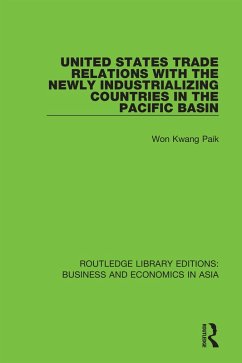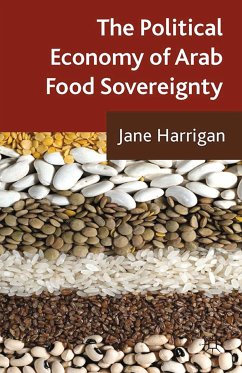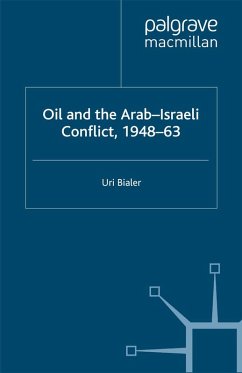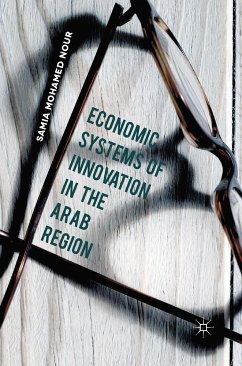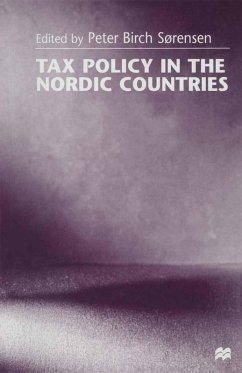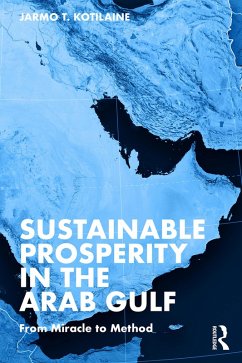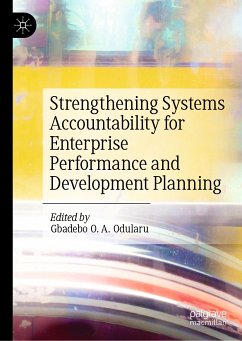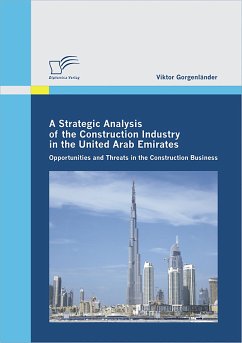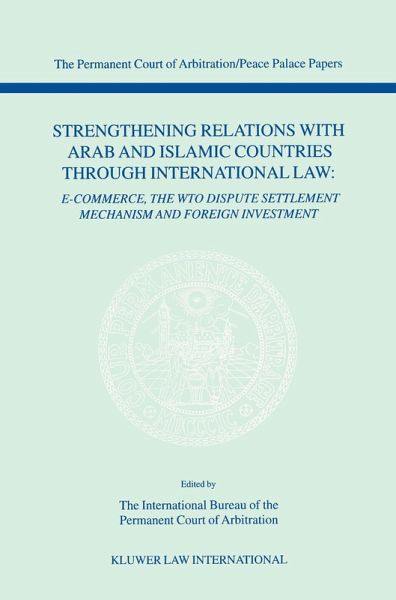
Strengthening Relations with Arab and Islamic Countries through International Law (eBook, PDF)
E-Commerce, The WTO dispute settlement mechanism and foreign investment
Redaktion: Arbitration, The International Bureau of the Permanent Court of

PAYBACK Punkte
70 °P sammeln!
Are the WTO Agreements and dispute settlement procedures consistent with Islamic (Shari''a) law principles and norms of justice? How can a foreign investor in a Muslim country comply with the financial tenets of Shari''a? Will Arab and Islamic countries continue to lag behind much of the world in e-commerce, or can e-commerce be integrated with traditional business methods as an engine of economic growth?Experts from the Middle East, Europe and North America examine these and other issues from their unique perspectives in this fourth volume in The Permanent Court of Arbitration/Peace Palace Pa...
Are the WTO Agreements and dispute settlement procedures consistent with Islamic (Shari''a) law principles and norms of justice? How can a foreign investor in a Muslim country comply with the financial tenets of Shari''a? Will Arab and Islamic countries continue to lag behind much of the world in e-commerce, or can e-commerce be integrated with traditional business methods as an engine of economic growth?
Experts from the Middle East, Europe and North America examine these and other issues from their unique perspectives in this fourth volume in The Permanent Court of Arbitration/Peace Palace Papers series, which reproduces the work of the Fourth International Law Seminar held at the Peace Palace on October 12, 2001. The Seminar, organized jointly by the Permanent Court of Arbitration and the Arab Union of International Arbitration, focused on strengthening relations with Arab and Islamic countries in three specific areas: electronic commerce, the World Trade Organization''s dispute settlement mechanisms and foreign investment.
In the papers presented here, the authors point out that not only is free and liberal trade deeply rooted in the culture of Islam; Shari''a urges the accommodation of all kinds of knowledge, including the technological environment necessary for e-commerce. They point the way to full participation by Arab and Islamic countries in the world economic community.
This volume also features a French language summary of the papers.
Experts from the Middle East, Europe and North America examine these and other issues from their unique perspectives in this fourth volume in The Permanent Court of Arbitration/Peace Palace Papers series, which reproduces the work of the Fourth International Law Seminar held at the Peace Palace on October 12, 2001. The Seminar, organized jointly by the Permanent Court of Arbitration and the Arab Union of International Arbitration, focused on strengthening relations with Arab and Islamic countries in three specific areas: electronic commerce, the World Trade Organization''s dispute settlement mechanisms and foreign investment.
In the papers presented here, the authors point out that not only is free and liberal trade deeply rooted in the culture of Islam; Shari''a urges the accommodation of all kinds of knowledge, including the technological environment necessary for e-commerce. They point the way to full participation by Arab and Islamic countries in the world economic community.
This volume also features a French language summary of the papers.
Dieser Download kann aus rechtlichen Gründen nur mit Rechnungsadresse in A, B, BG, CY, CZ, D, DK, EW, E, FIN, F, GR, HR, H, IRL, I, LT, L, LR, M, NL, PL, P, R, S, SLO, SK ausgeliefert werden.




